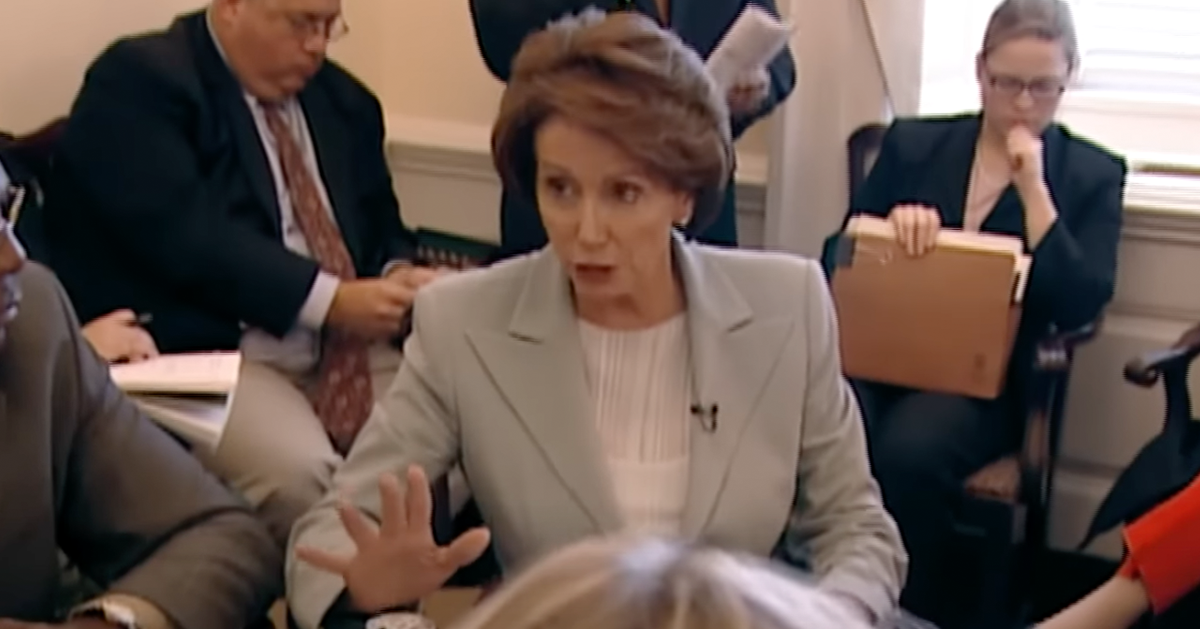CBS Seeks Dismissal of Trump’s $10B Lawsuit Over Harris Interview
In one of the most high-profile media lawsuits in recent times, Donald Trump has taken legal action against CBS, claiming the network deliberately altered a 60 Minutes interview featuring Vice President Kamala Harris to damage his campaign.
The network recently moved to have Trump's lawsuit dismissed, arguing that the claims hold no merit once subjected to legal scrutiny and were not grounded in factual evidence, as the Washington Examiner reports.
The legal dispute centers on an interview with Harris, which aired on the aforementioned Sunday evening show. Trump’s allegation revolves around what he perceives to be a “fake news scam,” claiming CBS edited Harris’s remarks about Israeli Prime Minister Benjamin Netanyahu.
CBS, in response, has defended its editing as a necessary process attributed to time constraints, denying any attempt to deceive viewers.
Trump Accuses CBS of Manipulation
In the lawsuit, Trump accuses CBS of doctoring the interview to favor Harris and violating Texas consumer protection laws.
His legal team alleged that CBS’s actions were calculated to harm his presidential campaign by manipulating public perception. Despite these claims, CBS has argued that the lawsuit lacks standing and fails to demonstrate applicable legal issues.
Filed in the Amarillo Division of the Northern District of Texas, the lawsuit has already come under scrutiny. There is speculation around whether the choice of this specific venue indicates “judge-shopping,” a tactic sometimes used to find a more favorable judge.
CBS has countered this move by arguing that New York City, where much of the evidence and witnesses are located, is a more suitable jurisdiction for such a legal battle. This strategic positioning adds to the complex dynamics of the lawsuit.
CBS Calls for Dismissal of Lawsuit
The network’s legal representatives have called for the lawsuit’s dismissal, stating that the claims, when examined under legal and constitutional lenses, lack substance. CBS maintains that the editing involved was standard practice and not an infringement of any legal or ethical boundaries.
Trump’s legal team, however, remains firm in its accusation that CBS’s editing was malicious. They argue that the network’s history of perceived journalistic hostility towards Trump gives weight to their claims, suggesting an enduring bias against Republican figures.
Adding another layer to the dispute, CBS noted that prior to the Harris interview, Trump had initially agreed to participate in a 60 Minutes session but later canceled. This claim was disputed by Trump’s spokesperson, who insisted that no such interview arrangement was ever finalized.
Diverging Opinions on the Lawsuit's Merits
While many legal analysts view Trump’s lawsuit as lacking serious foundation, others point out that the disclosure process might provide deeper insights into CBS’s editorial procedures. Such revelations could potentially support or debunk Trump’s allegations about the Harris interview.
George Washington University law professor Jonathan Turley remarked that the discovery phase might reveal CBS’s intentions during the editing process. This has kept the legal community interested, as the case could have broader implications for media practices and legal precedents.
The lawsuit’s $10 billion price tag has also raised eyebrows, as CBS’s lawyers highlight Trump’s failure to explicitly account for how he calculated such substantial damages. Furthermore, the absence of Trump’s campaign as a co-plaintiff has led to questions regarding the lawsuit's intended beneficiaries.
Potential Legal and Political Implications
As Trump and CBS prepare for the next phases of this courtroom battle, the case is seen as a spotlight on the tumultuous relationship between media and politics. Decisions in this lawsuit could influence both legal standards for media editing and political strategies in handling media coverage.
CBS continues to stand by its narrative, asserting the integrity of its journalistic operations. The case’s outcome could set significant precedents regarding claims of media bias and the limits of editorial freedom.
This lawsuit further underscores the ongoing tensions between Trump and major media outlets, a theme persistent throughout his political career.
With both sides gearing up for potential legal showdowns, the arena is set for a discussion on First Amendment rights and the responsibilities of broadcasters in shaping public discourse.





